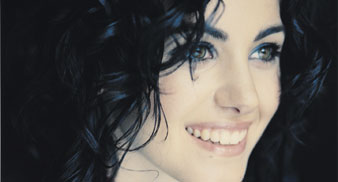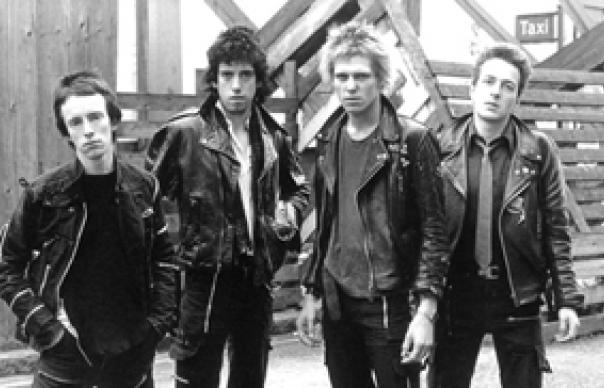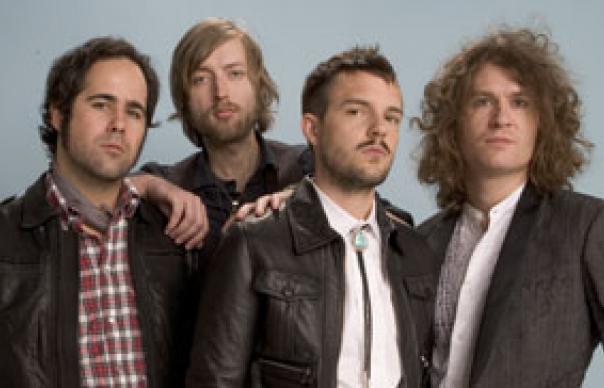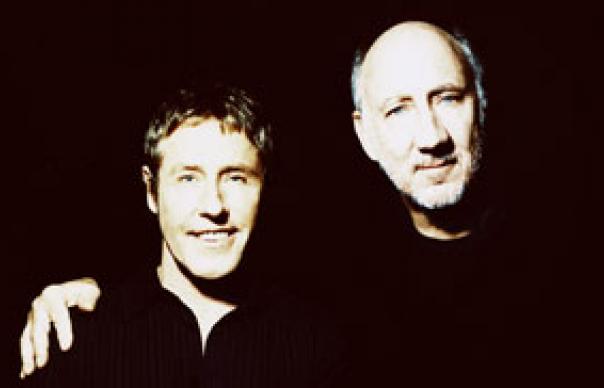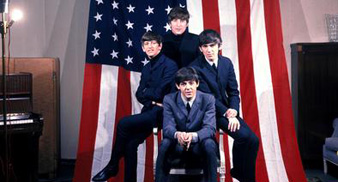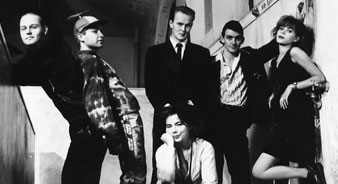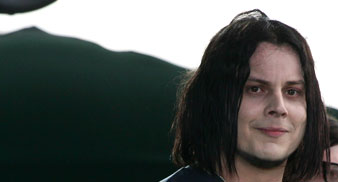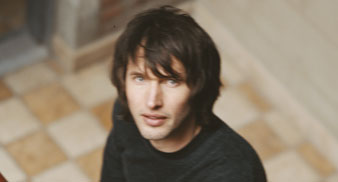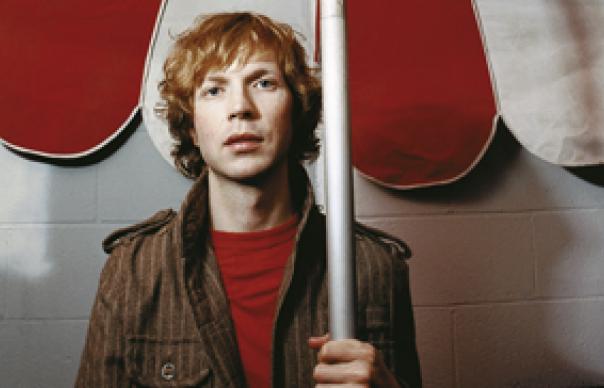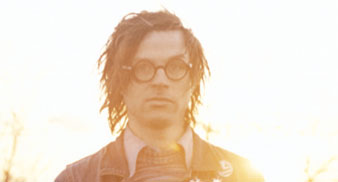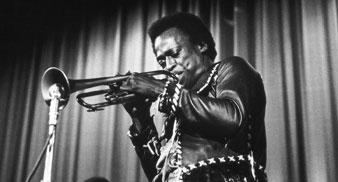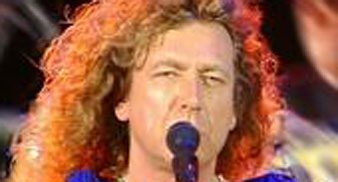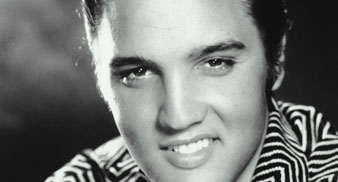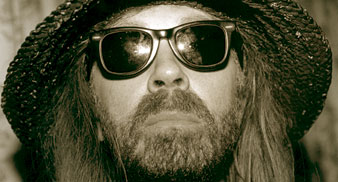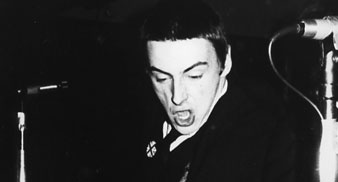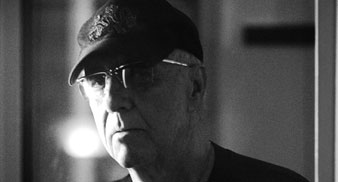Fulton and Pepe's last film, the documentary Lost In La Mancha, was a lively record of Terry Gilliam's failed attempt to film Don Quixote, a robust insight into the gaping chasm that occasionally opens up between ambition and reality. For their next trick, Fulton and Pepe have embarked on an altogether more ambitious project. Brothers... is a mock-documentary about the meteoric rise - and inevitable fall - of a rock band fronted by conjoined twins, Tom and Barry Howe. Accordingly, it plays havoc with notions of truth. Constructed from an unfinished Ken Russell film (a fiction Russell himself is on hand to support) and a 1974 documentary which shows how Tom and Barry were coaxed into forming a band, it's a film about filmmaking as much as music. The style flickers between Russell's bombast and shaky, fly-on-the-wall verite, linked by contemporary contributions from the participants. The sense of period - pre-punk - is brilliantly evoked, and the rough energy of the music (by Clive Langer) is spot-on. Tom and Barry are magnificently played by real-life twin brothers Harry and Luke Treadaway, who aren't conjoined but do play their own guitars. This isn't Spinal Tap: there is humour, but the prevailing mood on this darkly bizarre trip is one of disquiet and impending tragedy. ALASTAIR McKAY
Fulton and Pepe’s last film, the documentary Lost In La Mancha, was a lively record of Terry Gilliam’s failed attempt to film Don Quixote, a robust insight into the gaping chasm that occasionally opens up between ambition and reality. For their next trick, Fulton and Pepe have embarked on an altogether more ambitious project.
Brothers… is a mock-documentary about the meteoric rise – and inevitable fall – of a rock band fronted by conjoined twins, Tom and Barry Howe. Accordingly, it plays havoc with notions of truth. Constructed from an unfinished Ken Russell film (a fiction Russell himself is on hand to support) and a 1974 documentary which shows how Tom and Barry were coaxed into forming a band, it’s a film about filmmaking as much as music. The style flickers between Russell’s bombast and shaky, fly-on-the-wall verite, linked by contemporary contributions from the participants. The sense of period – pre-punk – is brilliantly evoked, and the rough energy of the music (by Clive Langer) is spot-on. Tom and Barry are magnificently played by real-life twin brothers Harry and Luke Treadaway, who aren’t conjoined but do play their own guitars. This isn’t Spinal Tap: there is humour, but the prevailing mood on this darkly bizarre trip is one of disquiet and impending tragedy.
ALASTAIR McKAY


